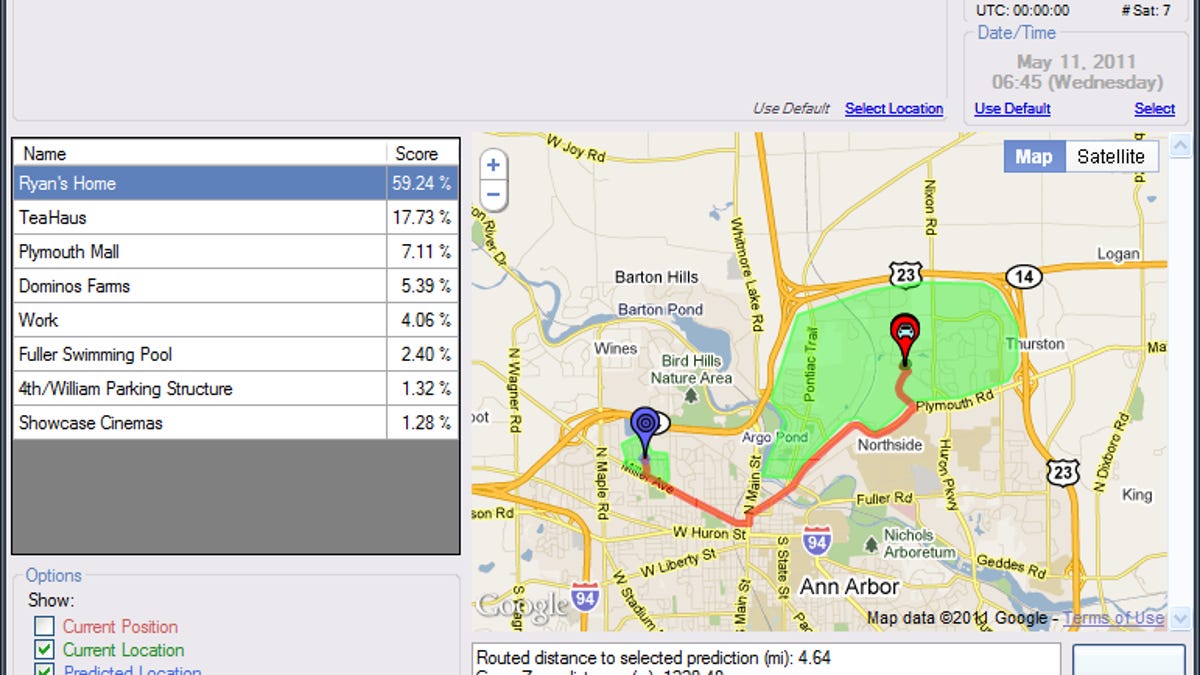Google Prediction to make Ford plug-ins more efficient
Ford presented a use case scenario for its upcoming plug-in hybrids and Google's Prediction API that would analyze driving patterns to make cars even more fuel efficient.

To take the guesswork out of efficient driving, Ford may employ Google's Prediction API to do the energy-saving calculations for commuters.
Google's Predictive API is already used by Web sites to recommend products to users and by mail programs to decide which missives are spam. But Ford is also exploring ways the pattern-matching program could be used to program vehicles to run more efficiently based on driving patterns and styles, according to an article in PC World.
At the Google I/O conference yesterday, Ford presented a use case for the predictive engine that analyzed previous trips to predict where the driver wanted to go. While it doesn't really take a genius algorithm to guess on a Wednesday morning that the driver is probably headed to work, the Google Predictive API could go one step further and analyze the stored traffic data to decide the most efficient route, or program the vehicle to operate in an energy-saving mode.
For example, the first 40 or so miles you drive in a fully charged Chevy Volt always uses energy stored in the battery to propel the vehicle. But in a Ford plug-in hybrid hypothetically equipped with Google Predictive API capabilities, the vehicle may decide to save the electric capacity for the last 20 miles of in-city driving to reduce air pollution in urban areas, which would be particularly useful in Low Emissions Zones in Europe. Of course, that same outcome could be achieved using a switch, but the API takes the guesswork and effort out of the equation, and makes energy saving calculations a lot faster.
Ford's technical expert Ryan McGee explained in the PC World article that the data won't be used to limit the way cars work or change how people drive. Rather, the car will adapt to the driver's style. Cars that do the thinking for you seem to be the future trend. For the last two model years, Audi's GPS-assisted autonomous cruise control system has been using the vehicle's GPS location to automatically downshift the transmission when it detects an upcoming exit, and many cars will park and brake for you.
Source: PC World

